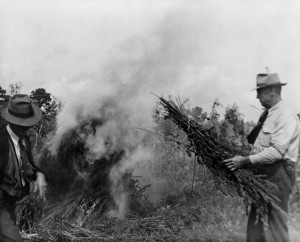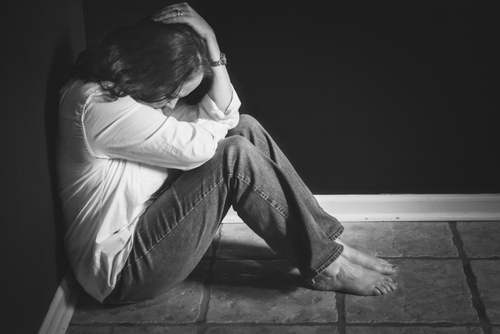Crack cocaine is the same chemical product as powdered cocaine, but with a different delivery system. Powder cocaine is a water-soluble “salt” form of the chemical, while crack cocaine is a fat-soluble form that is absorbed more readily and more quickly into a user’s body when it is smoked. Crack’s effects are felt more quickly
What Does Crack Cocaine Do To Your Body?










